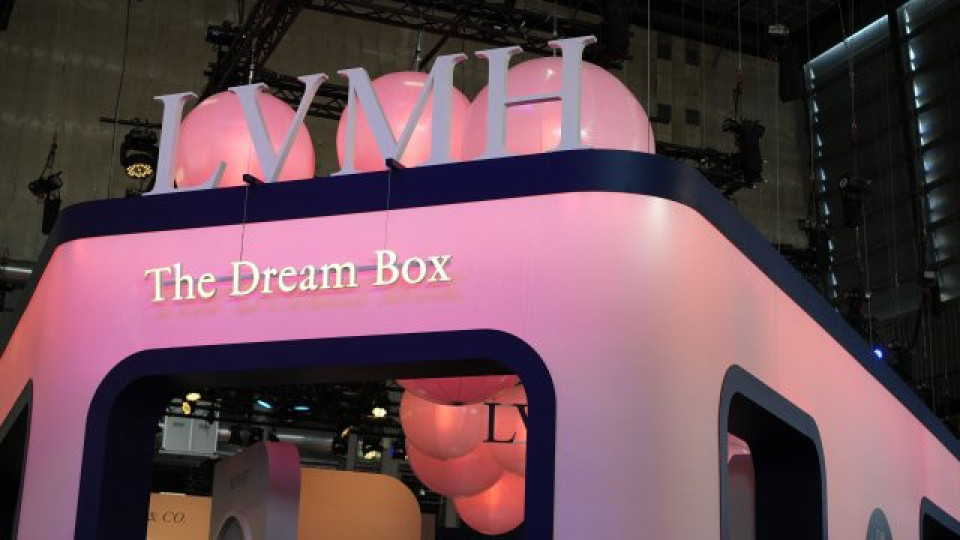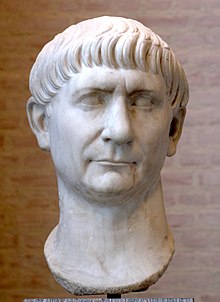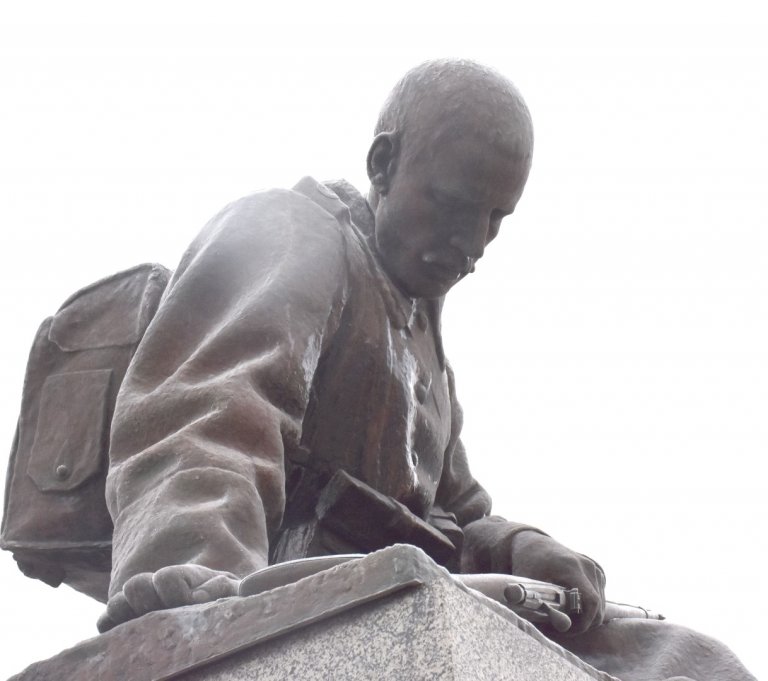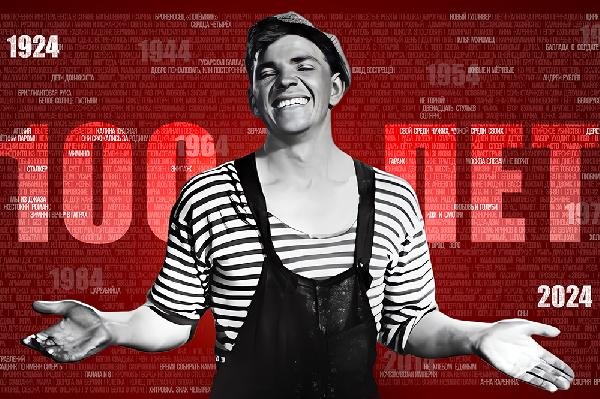LVMH, which is headed by Bernard Arnault, is doing everything possible to take over Paris in 2024, when the Summer Olympics will be held, the Wall Street Journal reported, as quoted by Investor.
One of its jewelry brands, Chaumet, creates gold, silver and bronze medals for the Olympic and Paralympic Games. One of its fashion brands, Berluti, creates the uniforms that French athletes will wear during a lavish opening ceremony. Moët champagne and Hennessy cognac will be offered in each VIP box.
That key role during the months-long euphoria surrounding the Olympic and Paralympic Games cost LVMH 150 million euros, a source familiar with the matter said. This makes the group the largest local sponsor of Paris 2024.
“The Games are in Paris and LVMH represents the image of France,” said Antoine Arnaud, Bernard Arnault’s eldest son and chairman of Berluti. “We can’t help but be a part of it.”
The conglomerate’s focus on the Olympics reflects a larger strategic leap into sports by the world’s biggest luxury goods companies. They realize that a growing share of their business depends on consumers they can reach through wildly popular events that turn their backs on old-fashioned exclusivity. About 60% of luxury goods sales in the world today come from people who spend less than 2,000 euros a year on such products, according to the Boston Consulting Group.
Not so long ago, mainstream sporting events were considered something below the level of top-end luxury brands, who preferred to target golf, tennis, polo, sailing and Formula 1 clubs. But in the age of social media, where athletes seamlessly reach the global market and influence consumers alongside pop stars and Hollywood actors, their reach and universal appeal have become too significant to pass up.
In 2022, the man with the most followers in the history of social media – Portuguese soccer star Cristiano Ronaldo – appeared in a Louis Vuitton campaign. On the chessboard opposite him sat his greatest rival, the Argentinian Lionel Messi. Although the two were never together in the Annie Leibovitz photoshoot, that didn’t stop the ad from becoming one of the most liked photos on Instagram.
Before the Olympics, Vuitton sponsored a fencer and a swimmer, while LVMH’s Dior supported a gymnast and a wheelchair tennis player.
Many of LVMH’s competitors have made similar moves. Last summer, Prada sponsored the Chinese national team at the FIFA Women’s World Cup. The post announcing the partnership was viewed 300 million times on the Chinese social network Weibo. Gucci has signed a number of athletes, including English footballer Jack Grealish and Italian tennis player Yannick Sinner. However, no one has attempted to take over an entire event the size of the Olympics.
For Paris 2024, the deal is a delicate compromise. Organizers promised a more sensible approach to the event, aimed at a mass audience, without the exorbitant costs of previous games. Although LVMH’s money is helping Paris 2024 achieve its goal of being almost entirely privately funded (currently 97%, organizers say), the company’s brands have a high-end image that is potentially at odds with the idea of a less wasteful Olympics.
Things are complicated by the image of Bernard Arnault in France: one of the world’s richest men is a lightning rod for discontent over growing inequality. Still, LVMH points out that its portfolio includes much more affordable brands, such as cosmetics giant Sephora and several mid-range champagne brands. And the light from the Olympic spotlights represents an irresistible opportunity for the giant to cement its status as the standard-bearer of French taste, corporate power and skill.
“Our craftsmen are perfectionists, just like the top athletes and coaches,” commented Bernard Arnault. “And our houses carry the image of France all over the world.”
Sponsors are betting that the Olympics, which will be held from July 26 to August 11, will become the most attractive in more than a decade. Preparations are relatively drama-free, without delays and budget overruns that hampered previous editions. Concerns about public transport congestion and high ticket and hotel room prices have hardly deterred sponsors. The prospect of a Parisian backdrop and an opening ceremony with athletes on ships sailing down the Seine is a much easier sell than some of the challenging venues the event has offered since London 2012. Then there was Sochi 2014 under the watchful eye of Vladimir Putin, followed by the chaos of Rio 2016, the remoteness of Pyeongchang, South Korea, in 2018 and the pandemic games in Tokyo 2021 and Beijing 2022.
“You have to convince your partners, you have to show them, that it will be worth it,” says Tony Estanguet (born 6 May 1978 ), a former Olympic canoeist who is in charge of the Paris 2024 organizing committee.
The Olympics have always relied primarily on domestic sponsors, but LVMH’s involvement will be the most attention-grabbing of the 60 major partners of Paris 2024. People familiar with the matter say LVMH is particularly demanding in some respects. During the negotiations, the company went so far as to insist on creative input for the opening ceremony, which will pass by Louis Vuitton’s headquarters, LVMH’s Samaritaine department store and its Cheval Blanc hotel. To reach the deal, there were personal meetings between Arnaud and Olympic Committee President Thomas Bach in December 2022.
Then, when it came time to announce the partnership last summer – exactly one year before the Games – LVMH broke the news not at a traditional press conference, but in the shadow of the Eiffel Tower, on the Champ de Mars. Bach was also present at the event.
“It epitomizes what France does best,” Antoine Arnault said at the time. “Legacy, Ambition, Creativity, Excellence.”


















